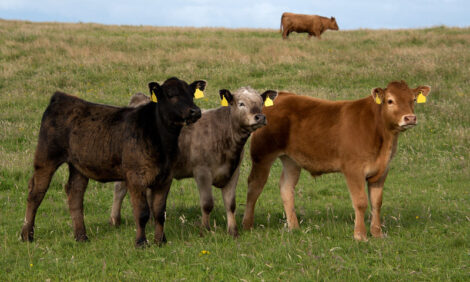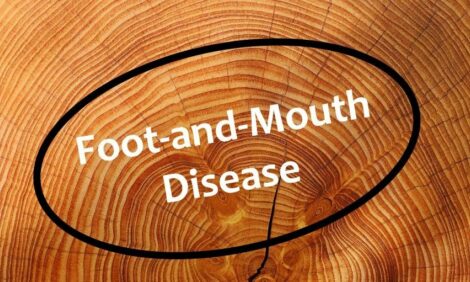



Wet Harvest Requires Vigilance on Wheat Mycotoxins
US - Rain across the MidWest has caused mould issues in wheat crops, meaning feeders should be wary of mycotoxin and ergot poisoning.
A delayed harvest, particularly in northern areas of South Dakota, has led to wheat becoming unmarketable, warns South Dakota State University.
Producers have been warned to be “extremely cautious” of wheat screening, as this increases the concentration of mycotoxins when present.
And while poisoning and loss of production are the risks, some businesses could capitalise on discounted sprouted grain.
This is according to beef expert Warren Rusche, who warns farmers to feed sprouted grain at no more than 40 per cent of diet dry matter and test for vomitoxin.
“There have been no significant performance losses observed in cattle feeding trials, indicating that marketing sprouted grain through cattle is a viable option,” he said.
Ergot concentrations of over 0.1 per cent have been found to hurt cattle performance. Wheat at 0.05 per cent ergot may be rejected by grain buyers, Mr Rusche explained.
He emphasised the importance of appropriate scrutiny of feed grain.
“The risk level of the grain cannot be determined by visual examination,” he said. “Not all wheat with scab contains vomitoxin and those levels do not necessarily correlate with the physical symptoms in the grain.”
Humans Pose Bigger Staphylococcus Superbug Threat Than Cows read more
New Zealand Farms Spared 'High Risk' Safety Status read more
Michael Priestley
News Team - Editor
Mainly production and market stories on ruminants sector. Works closely with sustainability consultants at FAI Farms



